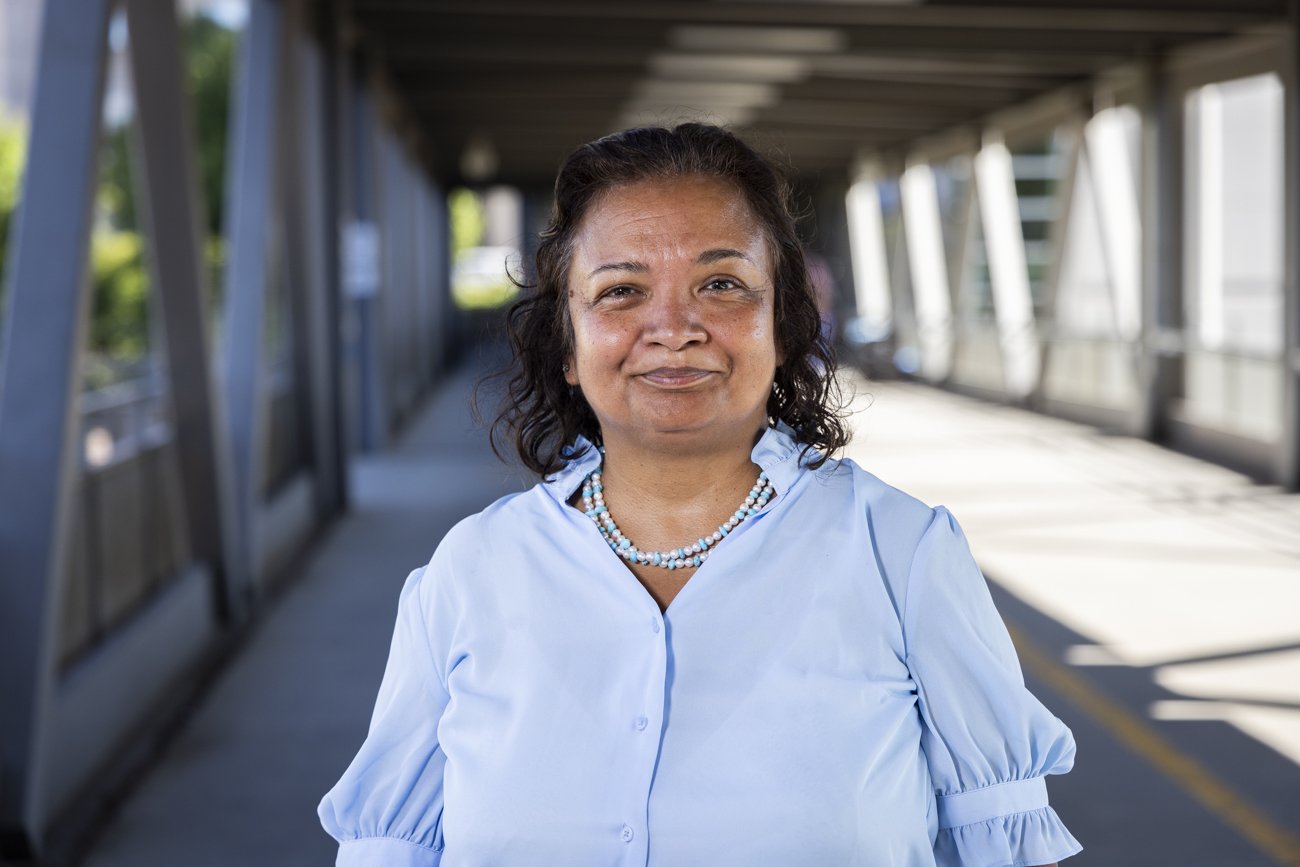From Bench to Bedside: The Journey of a Physician-Scientist
By Gayatri Venkatesan
Dr. Soma Sengupta
Image Source: UNC School of Medicine Department of Neurology website
Dr. Sengupta’s journey is a testament to the triumph of determination and dedication in navigating the complex landscape of medical advancement. Drawn to the sciences and natural phenomena from a young age, her academic pursuits led her through biochemistry studies at Cardiff University in Wales. She then pursued a Ph.D. at the University of Cambridge and the National Centre for Scientific Research in Strasbourg, France. Ultimately, it was during her postdoctoral work at Yale, focusing on membrane proteins regulating heart function, that her interest in medical training was sparked.
Despite initial uncertainty about her career trajectory, Dr. SenguptareturnedtoCambridge for medical studies upon the advice of a mentor who saw her great potential, embarking on a path that led her through neurosurgery, neurology, and pediatric neurology training in the UK. Although she had considerable expertise at the time, the transition to the U.S. necessitated additional training, including a preliminary year at Johns Hopkins. Undeterred, Dr. Sengupta then went on to the Harvard Medical School System, completing her neurology residency at Beth Israel DeaconessMed Center and Boston Children's Hospital. It was during this time that her focus shifted towards brain tumors, a transition influenced by her prior research on membrane proteins and immunology.
Establishing a brain tumor lab at Emory University alongside her partner, Dr. Daniel Pomeranz-Krummel, Dr. Sengupta delved into understanding neurotransmitter receptors in cancer, particularly in melanoma brain metastasis. Her tenure at the University of Cincinnati saw her ascend to an associate professorship, marked by significant grants and collaborations focusing on glioblastoma research.
Now a full professor at the University of North Carolina-Chapel Hill School of Medicine, as well as the Division Chief of Neuro-oncology and Vice Chair of Neurology, Dr. Sengupta's leadership extends beyond academia. She holds an MBA in Health Administration, alongside fellowships in integrative medicine and executive leadership in healthcare. Continuously seeking to expand her expertise, she is currently pursuing a graduate certification in artificial intelligence(AI) in healthcare through MIT. Dr. Sengupta's dedication to advancing both her education and her career underscores her desire to evolve as a medical professional and make meaningful contributions to the field of neuro-oncology.
Beyond her administrative roles, Dr. Sengupta remains deeply involved in clinical practice and research. Balancing patient care, running clinical trials, and supervising her lab, she maintains a holistic approach to guiding students and colleagues. Her commitment to inclusivity stems from past experiences where she was not fairly credited for her contributions. Thus, she ensures that every member of her team, regardless of their position, feels valued and supported.
Throughout her career, Dr. Sengupta has leveraged her expertise to guide treatment options and inspire hope in the challenging field of brain cancer research. Her commitment to research extends beyond traditional laboratory settings, encompassing collaborations in research not solely focused on wet lab techniques. For instance, her endeavors have included digital app development for art and music therapy in cancer survivors. Such work underscores her commitment to exploring diverse avenues of inquiry and enhancing patient care beyond the confines of traditional medical settings.
Currently, Dr. Sengupta focuses on addressing pressing challenges in brain tumor treatment. She emphasizes the need for effective translation from“bench to bedside”—in other words, research geared towards developing treatment plans for patients. While highlighting the time-intensive process of navigating funding mechanisms, regulatory approvals, and clinical trials, she remains dedicated to translating research findings into tangible clinical outcomes. As a result, her research endeavors continue to yield promising findings, including advancements in mitigating radiation toxicity and enhancing the effectiveness of immunotherapies in various tumor types.
Having been a part of numerous institutions, Dr. Sengupta looks back at her journey with a profound appreciation for the diversity of cultures and traditions she has encountered. As she navigated through different cities and patient populations, she found herself enriched by the myriad experiences, recognizing the invaluable insights gained from understanding various patient cultures. This immersion in diverse environments has not only shaped her perspective but also honed her skills as a compassionate physician.
Throughout her career, Dr. Sengupta has consistently demonstrated a pioneering spirit, blazing trails in both academia and healthcare administration. Dr. Sengupta'sachievementsunderscore her relentless pursuit of excellence and innovation in neuroscience and neuro-oncology. With each endeavor, she continues to push the boundaries of scientific inquiry, driven by a steadfast commitment to improving patient outcomes and advancing the field.
References:
Interview with Soma Sengupta, MD, PhD, MBA, FRCP, FAAN, FANA. 2/14/2023

